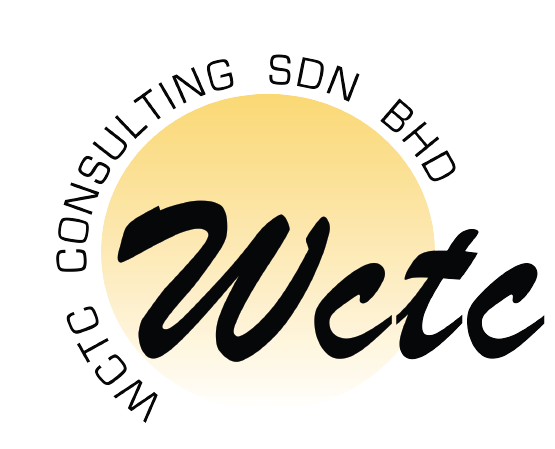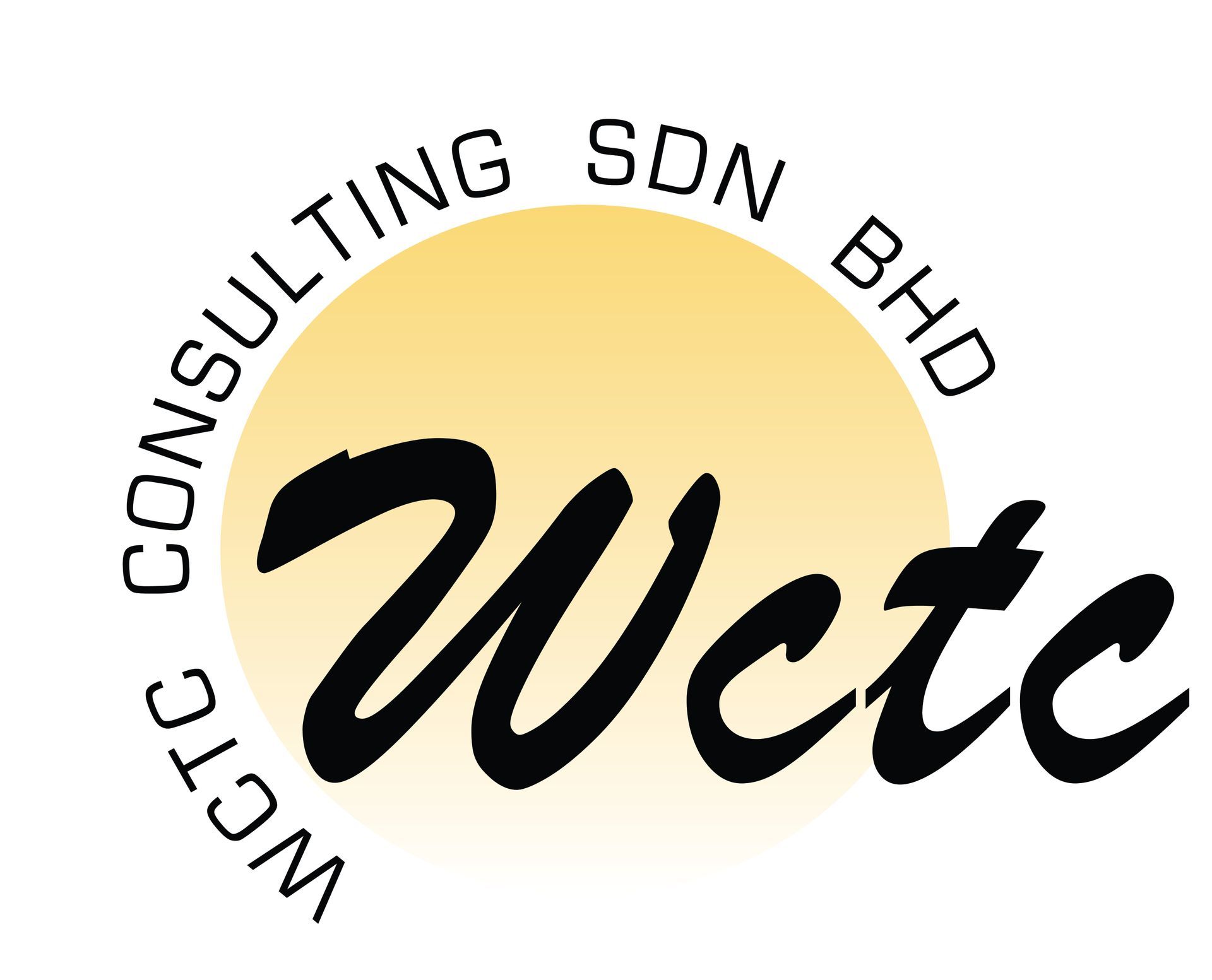OVERVIEW
Improper handling of misconduct and domestic inquiry can result in the Industrial Court ruling in favour of the employee and subsequently leading to costly monetary compensation by the employer.
There is always pressure on people managers and HR professionals to handle and manage misconduct effectively and efficiently. Managing misconduct in the workplace & conducting domestic inquiry is an interactive program essential for all people managers to engage and get qualified in changing their approach to manage major and minor misconduct issues seamlessly and in compliance with the law.
This 2 day practical and hands-on course enables participants to understand the importance of holding a proper domestic inquiry (DI) as well as adhering to strict procedural requirements, in order to withstand the scrutiny of the Industrial Court in the dismissal of an employee.
The course teaches step by step process from preliminary investigation to post domestic inquiry. It is an in-depth understanding of the legal aspects, the procedural aspects and pitfalls of a domestic inquiry process. During this training program, a MOCK Domestic Inquiry will be conducted to give participants an opportunity to hone their practical skills so that they will have more confidence when conducting domestic inquiries at their workplace.
LEARNING OBJECTIVES
- RECOGNISE the Malaysian Court System, Employment Act 1955 & Industrial Relation Act 1967
- GRASP Disciplinary Procedure in line with the Law of Natural Justice
- UNDERSTAND the domestic inquiry system and process from pre-liminary to post domestic inquiry
- MANAGE which documentation to use, when, why, and how
- HANDLE grievances, sexual harassment & all type of misconduct
- AVOID the pitfalls through real life case studies discussion in the training
- EXPERIENCE a mock Domestic Inquiry on Misconduct that is Minor or Major
- LEARN to draft proper charges with the material particulars
- UNDERSTAND the role of the Board of Inquiry members, prosecuting officer and various players in the DI process
- UNDERSTAND how to present the facts of the case before the Inquiry Panel
- UNDERSTAND how to evaluate evidence during the inquiry and write the Inquiry Report

Other Workshops:




